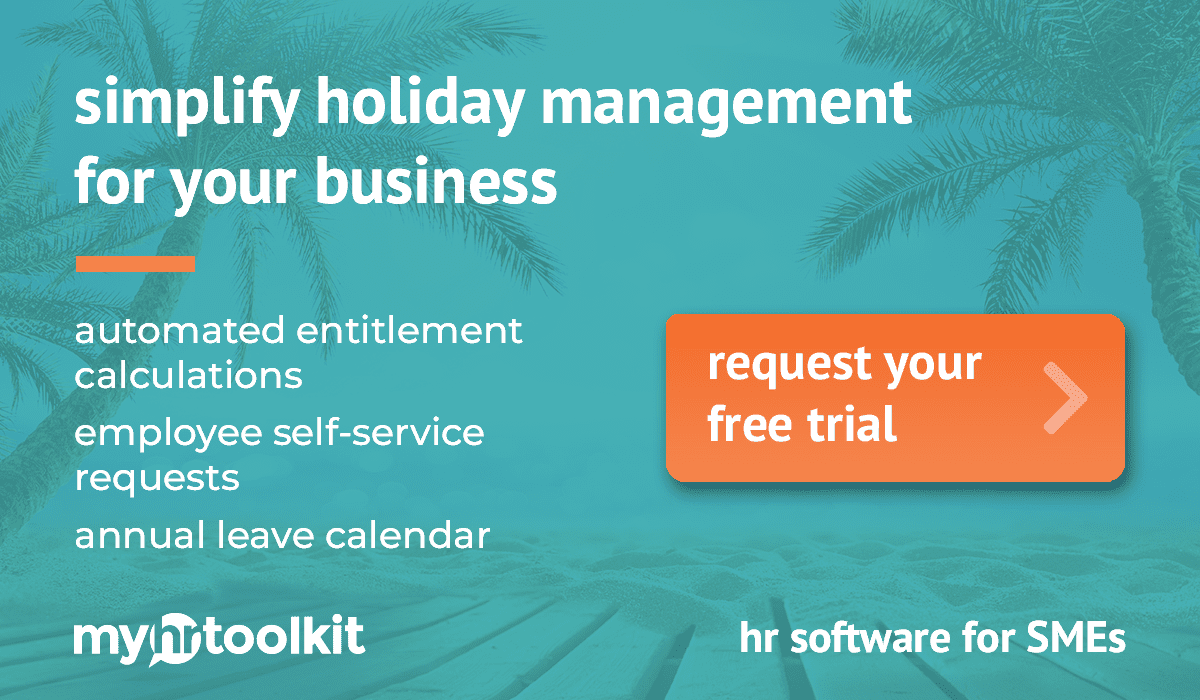What is unlimited holiday and would offering it to employees be right for your business? HR consultant Gemma Dale FCIPD explains how unlimited holiday policies fit with UK employment law and the pros and cons of offering this to your staff.
What is unlimited holiday?
Unlimited holiday is a scheme under which employees have no specified or contractual annual leave amount, and instead can take as much holiday as they wish. This doesn’t usually mean that there is some sort of time off free for all. Most employers have some structure to the scheme, such as the need to agree time off with a manager or rules around how many people can be on leave at any one time. Recently, Goldman Sachs made headlines by providing unlimited leave to their senior staff. Other organisations also take this approach, such as Netflix and LinkedIn.
It is worth noting, however, that some of the companies that have adopted unlimited leave are in the US – a country that typically offers very limited amounts of annual leave, especially when compared to statutory provisions in the UK, potentially making unlimited leave policies of greater interest to employees there.
On the face of it, this sort of policy provides high levels of autonomy for employees – something that we know is good for motivation, engagement, and wellbeing, as well as aligning with post pandemic employee desires for greater flexible working. We also know that the pandemic has driven a greater interest in flexible working opportunities – but this demand is typically focused on when and where people work, rather than a desire for more time off. How, then, can employers know if unlimited holiday is right for their business?
The legal position on unlimited holiday
Under UK law, the Working Time Regulations provide for minimum periods of annual leave – specifically 28 days (including statutory holidays), or 5.6 weeks, for a full-time employee. This entitlement is adjusted for part time employees on a pro rata basis. Employers are free to, and often do, offer more holiday in addition.
It is important to note that employers cannot opt out of this requirement; this holiday must be provided. The regulations and resulting case law establishes a range of rules around how holiday payments should be calculated and made. Employers are not allowed to pay employees in lieu of statutory holiday not taken (apart from on termination) and they are not allowed to ‘roll up’ holiday pay, by paying a higher pay rate but no actual pay when leave is taken. There are also rules around carrying over leave into future holiday years – generally leave must be taken in the leave year, unless the employee is unable to take it due to sickness.
Should an employer offer unlimited holiday they are still bound by the Working Time Regulations – so any entitlement would be in addition to the statutory minimum.
The pros and cons of unlimited holiday entitlement

Unlimited leave might sound like a great idea, and something that could certainly be attractive to current and potential employees. However, it does come with potential downsides.
Employees not taking enough leave
Some organisations have found that when you offer unlimited leave, often people just don’t take very much, and employees may have concerns about what is a socially acceptable amount to take. Not all work cultures are healthy; some managers are difficult to work for or have a tendency towards micro-management. Other organisational cultures lack trust or focus too much on blame.
It is not difficult to imagine that in such environments, employees would be fearful about taking too much leave – or indeed any at all. Other organisations place great value on busyness, long hours, and hard work - and the same issues may arise here too. Employees could fear for their career progression or perceptions about their level of commitment if they are seen to take too much leave.
Staff taking excessive leave
Other practical issues may also present themselves. When holiday is genuinely unlimited, there is nothing to prevent some individuals from taking excessive amounts of leave, putting a strain on other colleagues – placing managers in the challenging position of managing such situations without structure or policy. Without records of leave taken, it can be difficult to ensure compliance with the Working Time Regulations, such as knowing what leave someone should be paid if they leave the organisation or dealing with holiday and long-term sickness.
It seems that unlimited leave can be a valued perk in some organisations and some circumstances, but it can have unintended negative consequences too. Organisations who are considering implementing unlimited holiday should reflect carefully, assessing whether they have the kind of workplace culture that will fit well with such as policy and identifying potential risks.
Deciding on unlimited holiday

The following questions can help organisations to determine if offering unlimited holiday is right for them:
- What is it that your employees really want from their benefits package – and does unlimited holiday address those needs and desires? Sometimes there is a disconnect between the benefits that organisations offer and what employees really want.
- To what extent do you have a culture of trust and autonomy in which an unlimited holiday policy could thrive?
- If implemented, how would you ensure that employees are taking at least their statutory holiday, and getting sufficient rest to ensure a healthy workforce? What monitoring systems will you establish?
- How will you ensure that time off is granted fairly and without consequence, and employees aren’t placed under pressure to take less holiday?
- How can you engage senior leaders and managers, ensuring that they are role models for taking leave and encouraging others to do the same?
Where unlimited holiday is introduced, careful monitoring and regular feedback should take place to ensure that the policy is fulfilling its goals and is not leading to any detrimental impact on employees and their ability to achieve rest and work life balance. Remember, employee holiday isn’t just an employee benefit – it’s about health and safety too.
Read more from the myhrtoolkit blog
What are the mental health benefits of staff holidays?

Written by Gemma Dale
Gemma Dale is an experienced senior HR professional, CIPD Chartered Fellow, HEA Fellow, and a regular speaker and writer on a variety of HR topics. Gemma is the co-author of the book 'Flexible Working' published by Kogan Page in 2020. She is also a lecturer in the Business School at Liverpool John Moores University and runs her own business, The Work Consultancy.


 Holiday Planner
Holiday Planner Absence Management
Absence Management Performance Management
Performance Management Staff Management
Staff Management Document Management
Document Management Reporting
Reporting Health and Safety Management
Health and Safety Management Task Management
Task Management Security Centre
Security Centre Self Service
Self Service Mobile
Mobile





